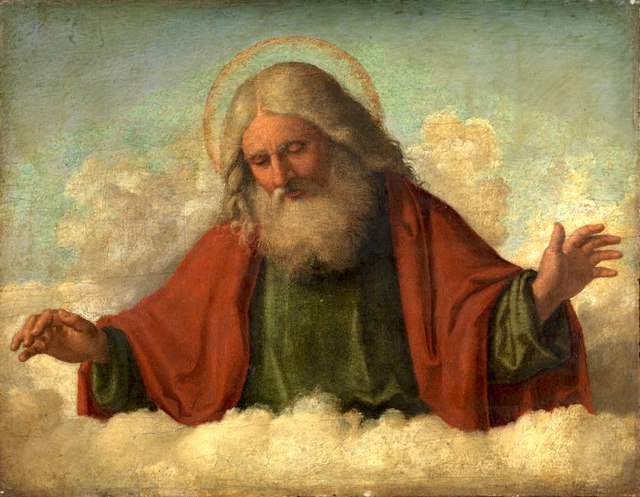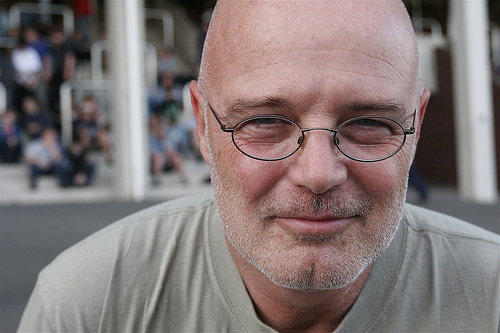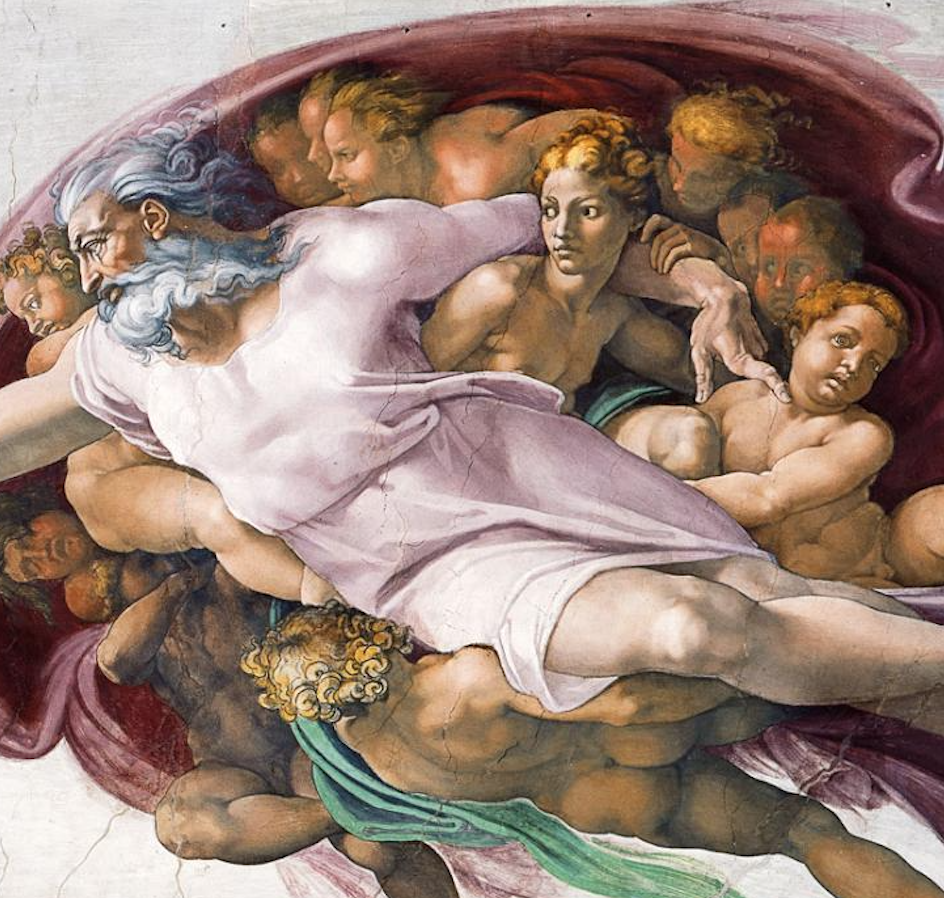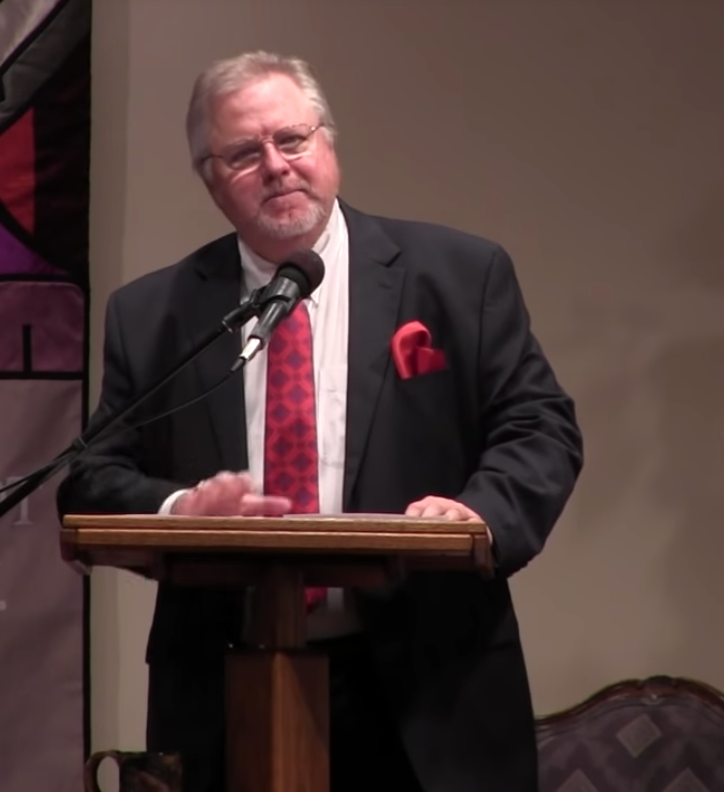The central focus of Jesus’ message was to announce the imminent coming of the kingdom of God. This is what he was sent to do. (Luke 4: 43-44) This kingdom would be on earth for the people of Israel. (Matthew 10: 5-8) Although Jesus gives few details on how this kingdom would operate.
If one searches the origin and history of Valentine’s Day, one finds clouds and legends mixed with a bit of history.
The Second Coming of Christ is an erroneous idea that developed among Christians in the last third of the first century AD. It weakened the assurance that the first Christians had that the kingdom of God had come.
By Rick Fabian
Jesus’ words and Paul’s words have changed millions of lives, and will change yours. The Bible records their teachings separately, so we must join them afresh as one. This book will open your ears and your heart to their shared work.
Today’s “Ask a Progressive Christian” with ProgressiveChristianity.org Co-Executive Director Rev. Dr. Caleb J. Lines: What’s the Deal with Paul?
A Puzzle for the Christmas Season
Here are some recent news items to which I have added a few facts that seem related. Have fun putting it all together, creating your own narrative about what it all might mean, if anything.
This week’s reading is a Sunday school children’s favorite — the story of Zacchaeus, a tax collector who climbs a tree to see Jesus.
For some time now, Progressive Christians have distinguished themselves from Fundamentalists and Evangelicals by ignoring gender differences, rejecting Biblical literalism and emphasizing the importance of Jesus’ vision for a “kingdom of God on earth.” But the primitive belief that propitiation can be attained through substitutionary atonement still lives on in most Progressive Churches.
Like Jesus, Paul was a radical egalitarian. He was also, it turns out, a first century feminist. In all the churches he helped found and nurture, he insisted on gender equality.
For Paul, baptism is the pre-condition for equality. Simply put, when we are baptized into Christ, there is no inequality. This is true for all relationships, both inside and outside the assembly. For Paul, this was a non-negotiable affirmation that he expected his churches to adhere to.
Given the amount of criticism of Paul over the centuries, if we can try to understand Paul in light of his authentic letters (the seven letters he, in fact, actually wrote), we soon discover that the radical Paul (the Paul of his authentic letters: Romans, 1 and 2 Corinthians, Galatians, Philippians, 1 Thessalonians, and Philemon) had a lot in common with the radical Jesus (the Jesus of history). Stated more accurately, the Jesus we learn of in the gospel stories had a lot in common with Paul.
What has always “tainted” mankind and kept people from living ethical, inclusive, and caring lives? The answer is what drives our contemporary enormous cultural divide: Bad choices often rooted in tribal-based anger and hatred.
Christianity before Paul. In order to explore the question of Paul distorting the message of Jesus, we need to ask the question, What was Christianity like before Paul, which would be in the early decades after Jesus' death? Paul wrote his letters from approximately 51-62 CE (Common Era). Therefore, in the thirties and forties CE, what was the Jesus movement like?
Paul learned from his encounter what it means to be a human being. He was shocked and deeply disturbed when he came to understand the limitations and weaknesses of his human nature. His sense of moral superiority was expunged from his consciousness.
Paul and Jesus. The life, mission, and writings of the Apostle Paul loom large over the Christian Church. Whatever our personal opinion of Paul, after Jesus, he remains the major personality in the growth and shaping of the early church. His contribution to Christianity is immeasurable by virtually any standard.
Even as we consider all the facts, the basic story that emerges is quite simple. The disciples were re-born while they lived with Jesus, and his death neither deterred nor discouraged them. Instead, they turned to one another and embraced, fully aware in their hearts that he was not only still with them, but also that the newness he embodied embraced the universe. This was the bedrock of their faith and forms the foundation for the day we call Easter.
Jesus is, in fact, no longer the reason for the season. But the reason this is so extends far beyond the cultural and commercial contamination of a quaint old tale.
The Christmas story is one of comfort and sweetness, if you will allow me that word. But we must not become so enamored by the Silent Night that we miss the revolutionary impact of the imagery. God appears in the poor places on earth and not in the councils of the rich and powerful.
FaithandReason® is bringing you a 4-part “Advent Podcast Series” with special guest John Dominic Crossan! Once a week for the next four weeks, we will interview Dr. Crossan about “The First Christmas,” the book by Crossan and the late Marcus Borg.
In Romans 7:15, the Apostle Paul wrote, "For that which I do, I allow not: for what I would, that I do not; but what I hate, that do I." Many people have pondered over these verses, but everyone who has tried to break a bad habit knows exactly what he's talking about. There seems to be a part of us that knows what we should do, but that part just gets swept away when making decisions in our everyday lives. Why do these contradictions exist within ourselves? The psychology of Carl G. Jung provides some answers.
Wisdom is paying attention while refraining from the assumption that you understand everything about what you are observing. Indeed, in order to pay full attention, we must release our grasp on what we do know, so that we make room in our hearts and minds for further knowledge.
I feel like we are being strangled, the life choked from us – disbelief, sorrow, fear, rage. Violence in the streets, jails, and cages at our border, targeting black and brown men, women, and children; a virus stalking us all, turning familiar comforts into threats.
Some people are highly devotional because it is scary having one's paradigm shattered. This is to be exposed to the chaos of one’s own mind (the devil!). It is much easier to cling to the established artifacts of one’s own thinking then to fall into the pit of chaos. Most people would rather die than admit that the belief system/paradigm that they have carried most or all their life is wrong in spite of proof of error time and time again.
The framework of ancient virtue theory, with its emphasis on character and the life of each human being as a whole, also formed a backdrop for the Synoptic Gospels. It is against this background that the figure of Jesus can be analyzed as an exemplar of the ideal moral person.
Traditional Christianity has missed the point of the Easter story. The miracle on Easter wasn’t that Jesus was physically or spiritually raised to sit at God’s right hand until he could one day return to judge humanity. The miracle was his followers recognizing that they could continue to proclaim the message of God’s Reign on this earth even once Jesus had been crucified.
If we pay attention, the Christmas story is a mirror held up for us to see that we live in a country where the government locks thousands of migrant children into dog cages, sexually abusing some, torturing others, and allowing many to die while the church is largely compliant and silent. And we seriously wonder if this government might actually win election approval from poor church goers in a few months. Merry Christmas?
“Jesus heals not only us as individuals but a savior has been born, one who will heal the world from all its ills.”
I have never liked Luke 6:20, which says “Congratulations, you poor!” in newer translations. I think that’s demeaning.


































